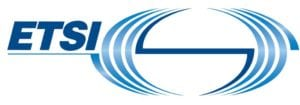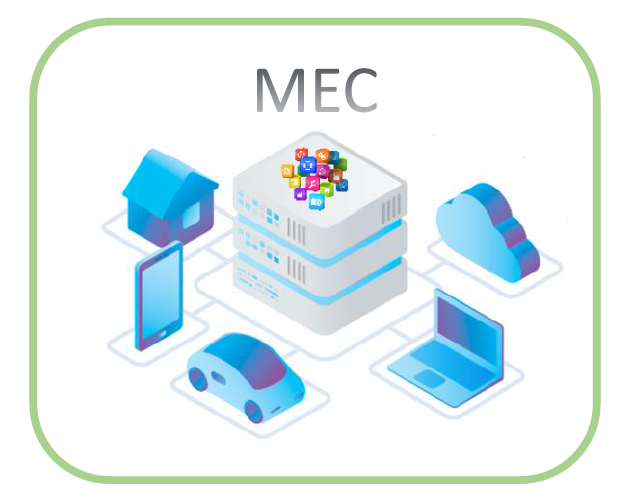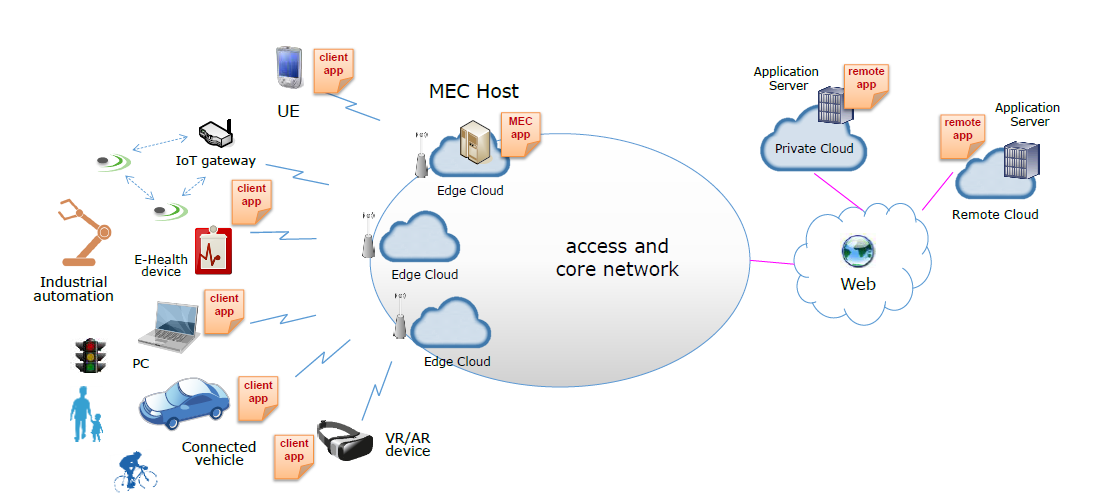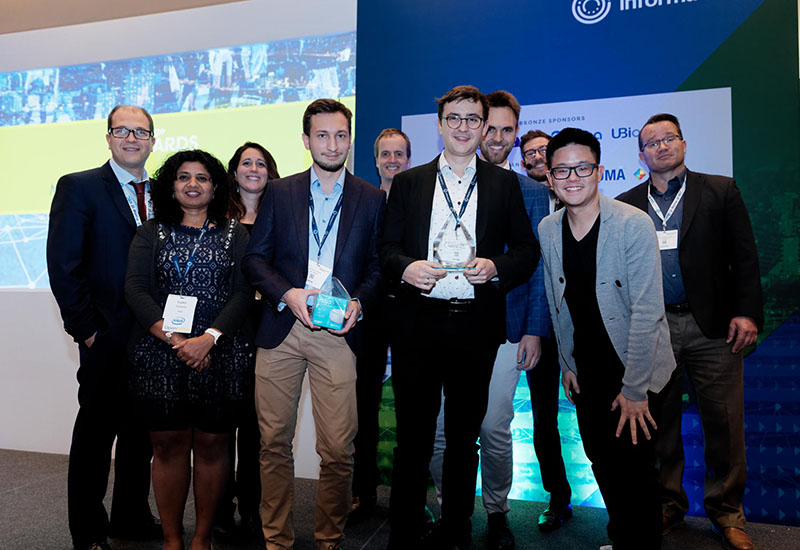MEC Hackathon 2019 London: Difference between revisions
From MECwiki
No edit summary |
No edit summary |
||
| Line 11: | Line 11: | ||
The event was organized by Intel, VIAVI, Telefonica, Huawei, Saguna, Informa Tech and MobiledgeX, | The event was organized by Intel, VIAVI, Telefonica, Huawei, Saguna, Informa Tech and MobiledgeX, | ||
[[File:2019-hack-london-supporters.png|800px |center|class=img-responsive]] | |||
<br> | |||
<p class="center"> and endorsed by [[File:ETSI-logo.png|200px |class=img-responsive|link=https://www.etsi.org]] </p> | <p class="center"> and endorsed by [[File:ETSI-logo.png|200px |class=img-responsive|link=https://www.etsi.org]] </p> | ||
| Line 22: | Line 24: | ||
== Technical challenge == | == Technical challenge == | ||
* MEC (Multi-access Edge Computing) can serve many key 5G use cases. Most of them are related to application scenarios specifically targeted to vertical markets of the 5G era. The purpose of this Hackathon is to demonstrate the usage of MEC system as an enabler for different use cases and business objectives, helping all stakeholders to develop a diverse, open MEC ecosystem. | |||
[[File:2019-hack-london-logo.png|400px|center|top|class=img-responsive]] | |||
* The competition was open to developers to test their applications with ETSI MEC APIs (Application Programming Interfaces) in a variety of use cases. | * The competition was open to developers to test their applications with ETSI MEC APIs (Application Programming Interfaces) in a variety of use cases. | ||
* Examples of MEC-enabled vertical segments applications include (but are not limited to): | |||
** automotive and cooperative vehicles | |||
** virtual reality / augmented reality | |||
** IoT scenarios (with sensors, fog nodes, …) | |||
** robotics and factories of the future | |||
** eHealth and mHealth | |||
** media and entertainment | |||
** applications for the energy industry | |||
** etc … | |||
[[File:2019-hack-london-network.png|900px|center|top|class=img-responsive]] | |||
<br> | <br> | ||
* Teams developed mobile applications for advanced services in MEC-enabled 5G networks, using ETSI MEC technologies. They were also required to onboard their applications in real-life MEC systems and connect with the MEC APIs to receive simulated in-network data. | * Teams developed mobile applications for advanced services in MEC-enabled 5G networks, using ETSI MEC technologies. They were also required to onboard their applications in real-life MEC systems and connect with the MEC APIs to receive simulated in-network data. | ||
Revision as of 18:21, 7 December 2021
Organization
The London MEC Hackathon was hosted at the Edge Computing Congress 2019 on 17-18 September 2019.
The event was organized by Intel, VIAVI, Telefonica, Huawei, Saguna, Informa Tech and MobiledgeX,
- Press Release of the event: here
Technical challenge
- MEC (Multi-access Edge Computing) can serve many key 5G use cases. Most of them are related to application scenarios specifically targeted to vertical markets of the 5G era. The purpose of this Hackathon is to demonstrate the usage of MEC system as an enabler for different use cases and business objectives, helping all stakeholders to develop a diverse, open MEC ecosystem.
- The competition was open to developers to test their applications with ETSI MEC APIs (Application Programming Interfaces) in a variety of use cases.
- Examples of MEC-enabled vertical segments applications include (but are not limited to):
- automotive and cooperative vehicles
- virtual reality / augmented reality
- IoT scenarios (with sensors, fog nodes, …)
- robotics and factories of the future
- eHealth and mHealth
- media and entertainment
- applications for the energy industry
- etc …
- Teams developed mobile applications for advanced services in MEC-enabled 5G networks, using ETSI MEC technologies. They were also required to onboard their applications in real-life MEC systems and connect with the MEC APIs to receive simulated in-network data.
Winner team
The MEC Hackathon 2019 winner in London, QC-LABS, showcased the "Rehearsal Room" app, an online space for musicians to help them practice together remotely in real-time with MEC — like a web conferencing tool but optimized for playing instruments.
Rehearsal Room leveraged Multi-access Edge Computing to reduce latency and allow musicians to rehearse without a commute! The QC-LABS team provides services for Internet of Things and Industry 4.0 solutions.





